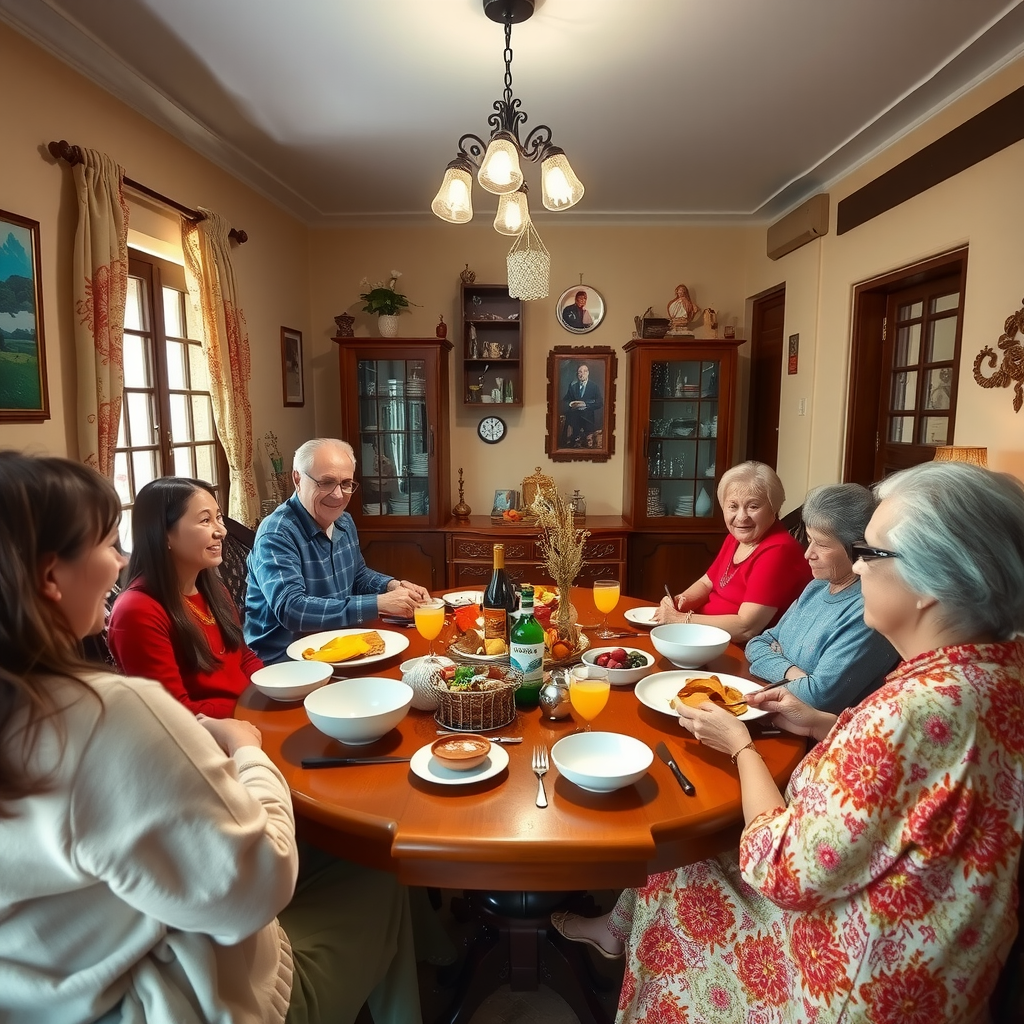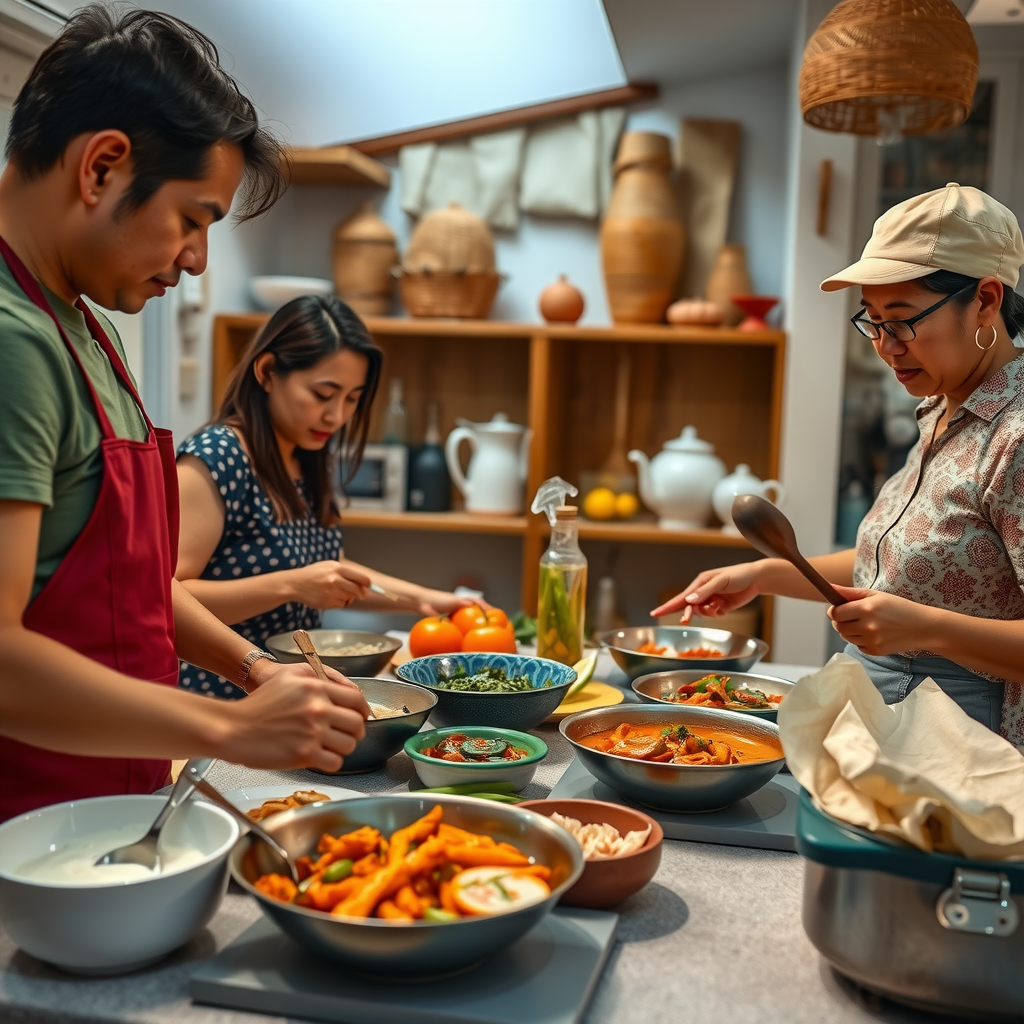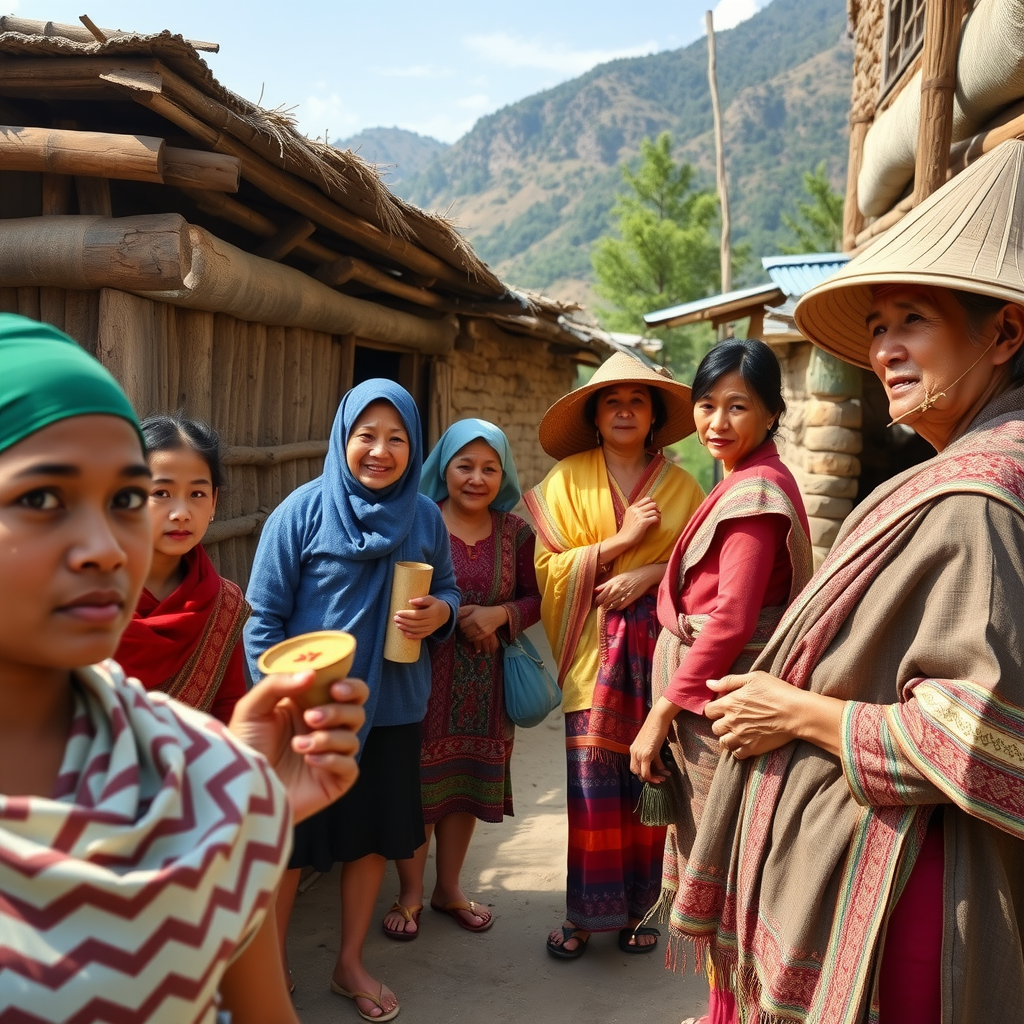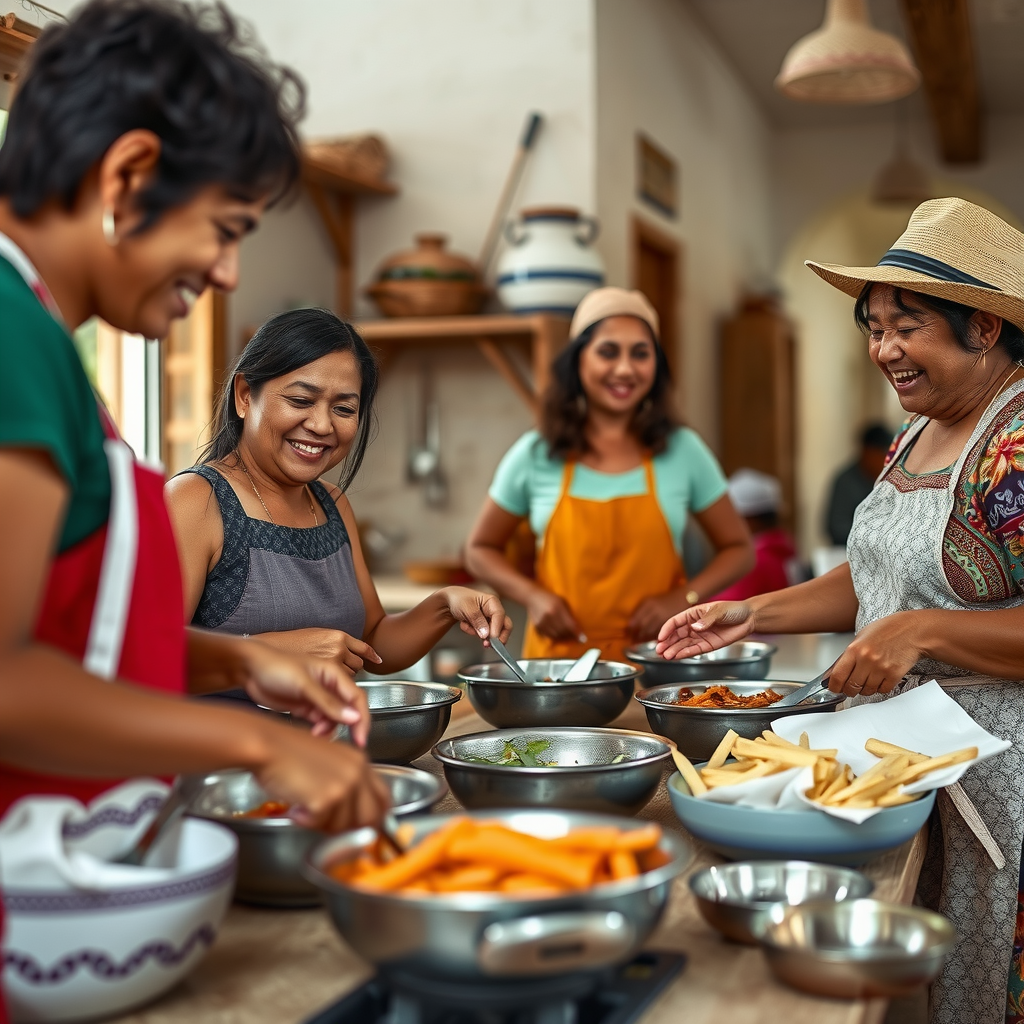Modern travelers are increasingly seeking more than just picturesque views and famous landmarks. They're craving genuine connections with local communities, authentic cultural experiences, and meaningful interactions that create lasting memories while supporting local economies.
The Shift from Tourist to Traveler
The traditional model of tourism, characterized by rushed itineraries and superficial encounters, is giving way to a more thoughtful approach. Today's travelers want to understand the heart and soul of a destination, not just check off items from a bucket list. This transformation reflects a broader cultural shift toward authenticity, sustainability, and meaningful experiences.
According to recent travel industry research, over 73% of travelers now prioritize authentic cultural experiences when planning their trips. This represents a significant increase from just five years ago, when convenience and cost were the primary considerations for most vacation planners.
"Travel is no longer about escaping reality; it's about discovering new realities and understanding different perspectives. Authentic cultural immersion transforms tourists into global citizens."
Homestays: Living Like a Local

Homestays have emerged as one of the most popular forms of authentic travel experiences. Unlike hotels or resorts, homestays offer travelers the opportunity to live with local families, participate in daily routines, and gain intimate insights into local customs and traditions.
These accommodations range from simple rural homes to urban apartments, each offering a unique window into local life. Guests might find themselves helping prepare traditional meals, learning local crafts, or simply sharing stories over evening tea. The relationships formed during homestays often extend far beyond the trip itself, with many travelers maintaining lifelong connections with their host families.
Benefits of Homestay Experiences
Authentic Living
Experience daily life as locals do, from morning routines to evening traditions.
Cultural Exchange
Share stories, traditions, and perspectives with local families.
Economic Impact
Support local families directly and contribute to community development.
Cooking Classes: A Taste of Culture
Food is perhaps the most universal language of culture, and cooking classes with locals have become one of the most sought-after travel experiences. These aren't your typical tourist cooking demonstrations; they're intimate gatherings where travelers learn family recipes passed down through generations, shop at local markets, and understand the cultural significance of traditional dishes.

In Thailand, travelers might spend a morning at a floating market selecting ingredients before learning to prepare authentic pad thai in a family kitchen. In Italy, they could knead pasta dough alongside a nonna who's been making the same recipe for sixty years. In Morocco, they might grind spices by hand and learn the art of tagine preparation from a local chef.
These experiences go beyond recipes. They're about understanding the stories behind the food, the agricultural practices that produce the ingredients, and the social rituals surrounding meals. Participants often discover that cooking is deeply intertwined with local history, religion, and family values.
Community-Based Tourism: Empowering Local Communities
Community-based tourism represents a paradigm shift in how we think about travel and its impact. Rather than large corporations profiting from tourism, these initiatives ensure that local communities are the primary beneficiaries of visitor spending. The model emphasizes sustainability, cultural preservation, and equitable economic development.
Key Principles of Community-Based Tourism
-
Local Ownership and Control Communities manage tourism activities and make decisions about development.
-
Fair Distribution of Benefits Tourism revenue stays within the community and supports local development.
-
Cultural Preservation Traditional practices and heritage are protected and celebrated.
-
Environmental Sustainability Tourism activities minimize environmental impact and promote conservation.
-
Authentic Experiences Visitors engage with genuine local culture rather than staged performances.
Real-World Success Stories
Across the globe, community-based tourism initiatives are transforming lives and preserving cultures. In rural Nepal, village homestay programs have provided sustainable income for families while giving travelers unprecedented access to Himalayan culture. In Peru, indigenous communities in the Amazon offer immersive experiences that educate visitors about rainforest conservation while funding community schools and healthcare.

In Kenya, Maasai communities have developed tourism cooperatives that allow visitors to learn about traditional pastoralist lifestyles while supporting wildlife conservation efforts. These programs have created alternative income sources that reduce pressure on natural resources and help preserve both cultural heritage and biodiversity.
The Economic Impact
The financial benefits of authentic cultural tourism extend far beyond individual transactions. When travelers choose homestays over hotels, eat at family-run restaurants instead of chains, and purchase directly from local artisans, they create a multiplier effect throughout the local economy.
Studies show that community-based tourism can retain up to 80% of tourism revenue within local communities, compared to just 20-30% for traditional mass tourism. This dramatic difference translates into improved education, healthcare, and infrastructure for local populations. Moreover, it creates incentives for young people to remain in their communities rather than migrating to cities in search of opportunities.
Economic Benefits by the Numbers
How to Choose Authentic Experiences
With the growing popularity of cultural immersion, it's important for travelers to distinguish between genuine community-based initiatives and those that merely market themselves as authentic. Here are key factors to consider when planning your cultural immersion experience:
Research the Organization
Look for programs that are owned and operated by local communities. Check if they have certifications from responsible tourism organizations and read reviews from previous participants.
Understand Where Your Money Goes
Reputable programs should be transparent about how tourism revenue is distributed. Ask about the percentage that goes directly to local families and community development projects.
Look for Small Group Sizes
Authentic cultural experiences work best with small groups that allow for meaningful interaction. Be wary of programs that accommodate large tour groups.
Respect Local Customs
Choose programs that educate participants about local customs and expectations. The best experiences include cultural orientation and emphasize respectful engagement.
The Future of Cultural Tourism
As we look ahead, the trend toward authentic cultural experiences shows no signs of slowing. Technology is playing an increasingly important role, with platforms connecting travelers directly with local hosts and communities. Virtual reality previews allow potential visitors to experience destinations before booking, while blockchain technology is being explored to ensure transparent revenue distribution.

Climate change and sustainability concerns are also shaping the future of cultural tourism. Travelers are increasingly seeking experiences that not only minimize environmental impact but actively contribute to conservation efforts. This has led to the rise of regenerative tourism, where visitors leave destinations better than they found them.
The COVID-19 pandemic accelerated many of these trends, as travelers emerged with a renewed appreciation for meaningful connections and a desire to support communities that had been devastated by the loss of tourism revenue. This has created opportunities for communities to rebuild their tourism sectors with sustainability and authenticity at the core.
Making Your Next Trip Count
The rise of authentic local experiences represents more than just a travel trend; it's a fundamental shift in how we understand and engage with the world. By choosing cultural immersion over conventional tourism, travelers can create deeper connections, gain richer perspectives, and contribute to the preservation of diverse cultures and sustainable community development.
Whether you're learning to cook traditional dishes in a family kitchen, staying with a local family in a remote village, or participating in community-led conservation projects, these experiences offer something that no luxury resort or guided tour can provide: genuine human connection and the opportunity to see the world through different eyes.
Ready to Experience Authentic Cultural Immersion?
The world is full of communities eager to share their culture, traditions, and stories. Your next adventure could be the beginning of lifelong connections and unforgettable memories that go far beyond typical tourism.
As the travel industry continues to evolve, those who embrace authentic cultural experiences will find themselves not just visiting places, but truly understanding them. They'll return home not just with photos and souvenirs, but with new perspectives, lasting friendships, and the satisfaction of knowing their travels made a positive difference in the communities they visited.
The future of travel is authentic, sustainable, and deeply human. It's about creating meaningful memories while supporting local economies and preserving cultural heritage for generations to come. The question isn't whether to embrace this new way of traveling, but when you'll take your first step into this transformative world of cultural immersion.
